Associates
Conformed by individuals who are working closely with other SARAS members on the development of projects and a wide range of activities, with the aim of contributing to the Institute’s vision.
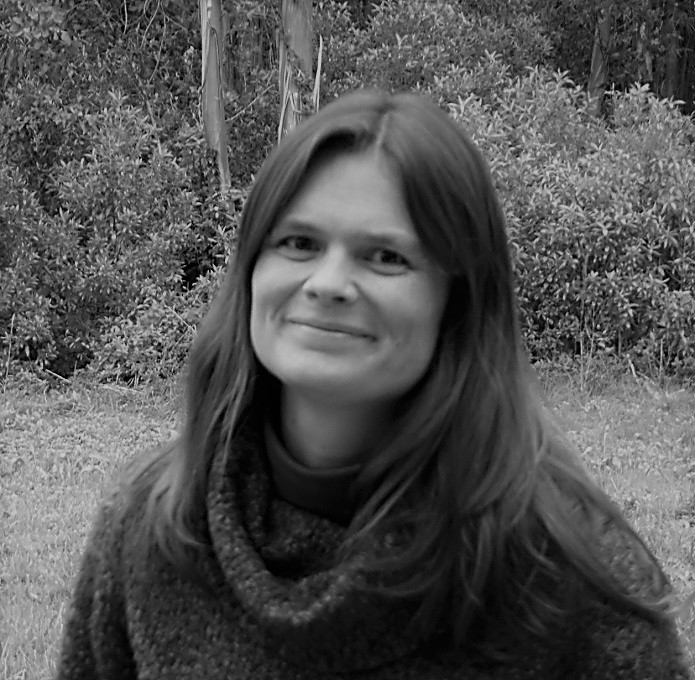
Micaela Trimble
Bachelor and Master in Biological Sciences (University of the Republic, Uruguay), and PhD in Natural Resources and Environmental Management (University of Manitoba, Canada). She completed her post-doctorates and was an Adjunct Professor at the Center for Marine Studies of the Federal University of Paraná (Brazil) and at the Environmental Sustainability Research Centre at Brock University (Canada). She is a member of the National System of Researchers of Uruguay. Her lines of research (with inter/transdisciplinary approaches) focus on governance and co-management of social-ecological systems (watersheds, small-scale fisheries, protected areas), public participation (including the development and evaluation of deliberative participatory processes), and adaptation to climate change. She was the Research and Cooperation Coordinator of SARAS between 2018 and 2020. Since 2021 she is an Associate Researcher and representative on the Administrative Board of the Foundation. She leads a line on adaptive water governance (GovernAgua Project, GobHidro Project), as well as the recently created Latin American Network of PECS (LAPECS), the Programme on Ecosystem Change and Society. She is a founding member of the Latin American Network for Participatory and Collaborative Research on the Commons, and a member of the Scientific Steering Committee of IMBeR – a global research project on Integrated Marine Biosphere Research.
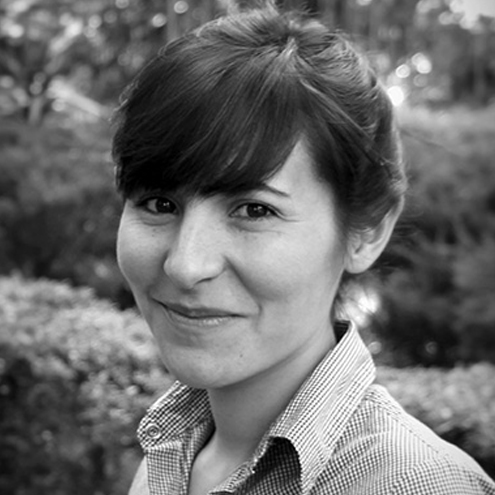
Silvana Juri
Holds a Bachelor’s Degree in Visual Arts (University of the Republic, Uruguay) and a Master of Arts in Sustainable Design (University of Brighton, UK) and has more than 10 years of experience as a communications design professional. As a designer/artist, she conducts reserach-though-practice while exploring the intersections between food, design and sustainability and its potential for societal change and transformation. Her approach seeks to foster the co-creation of more sustainable food cultures. Her masters thesis received the Environmental Award from the University of Brighton (2016). She is now a candidate for the PhD in Transition Design at Carnegie Mellon University (USA), and is part of various international research networks and societies related to environment, food, design, food design, and sustainability.
Silvana was a member of SARAS Executive Team asting as the Communications Assitant from April 2018 to July 2019.
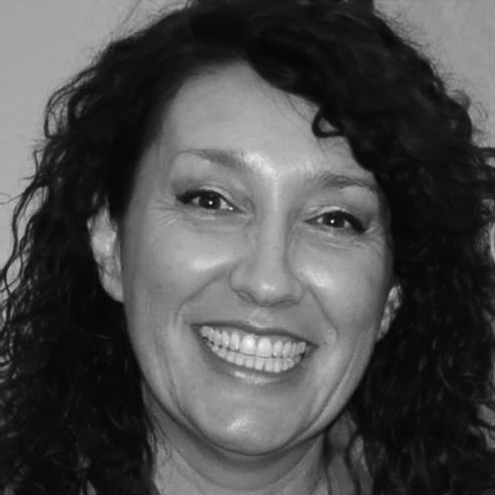
Lydia Garrido
Social anthropologist specialized in social change, integral sustainable development and resilience. As a practitioner of anthropology of anticipation she pays special attention to emergent processes in contemporary societies and how communities perceive and use the future, with the objective of generating knowledge to strengthen decision-making capacities. During the last six years, she has been working in the field of anticipation and futures studies, contributing directly and extensively to UNESCO efforts to develop the theory and practice of Futures Literacy and Anticipatory Systems. The action-research she has been conducting with UNESCO has focused on the role of anticipation on sociocultural change, resilience and collective intelligence knowledge creation and processes. She has extensive experience with UNESCO’s Futures Literacy Laboratories in several countries in Latin America, Europe and East Asia. Currently, she is director of the Futures Laboratory Network at SARAS, which conducts research and education activities on Anticipation and Futures Literacy.
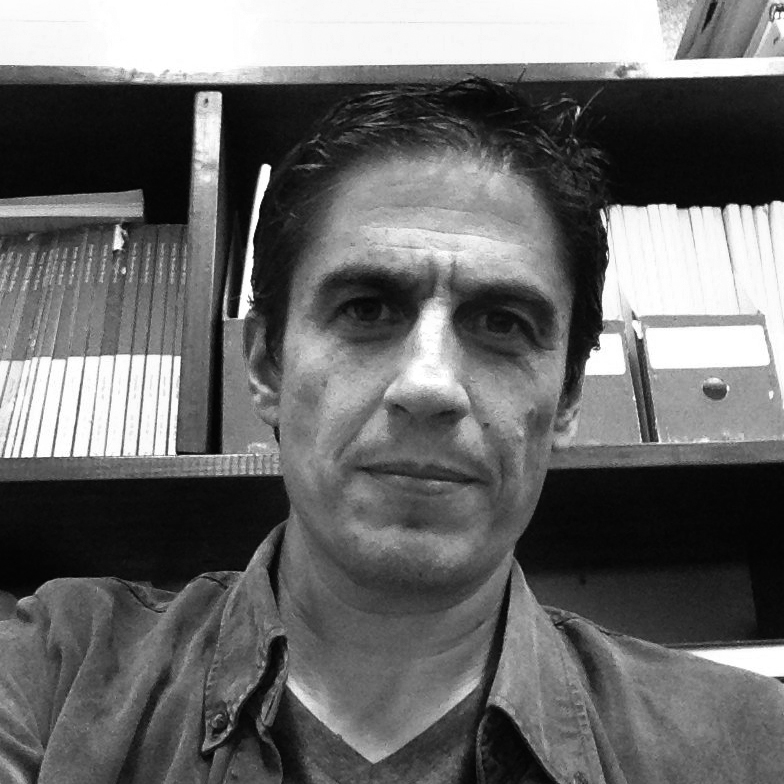
Rafael Terra
Rafael Terra is Full Professor at the Department of Fluid Dynamics and Environmental Engineering. Also, he is coordinator of the Interdisciplinary Center for Response to Climate Variability and Change (University of the Republic, Udelar). He graduated as a Hydraulic and Environmental Engineer from Udelar and obtained his Ph.D. in Atmospheric Sciences from the University of California at Los Angeles (UCLA). He has expertise in fluid dynamics and numerical modeling of the atmosphere, where he has worked at micro, meso and macro-scale processes. He is interested in climate risk management at a diversity of temporal scales, and has worked in the incorporation of climate information in decision making systems in the agriculture and energy sectors and water resource management. He has participated and contributed in various activities hosted by SARAS.
Since 2017, Rafael has taken part in different research projects by SARAS.
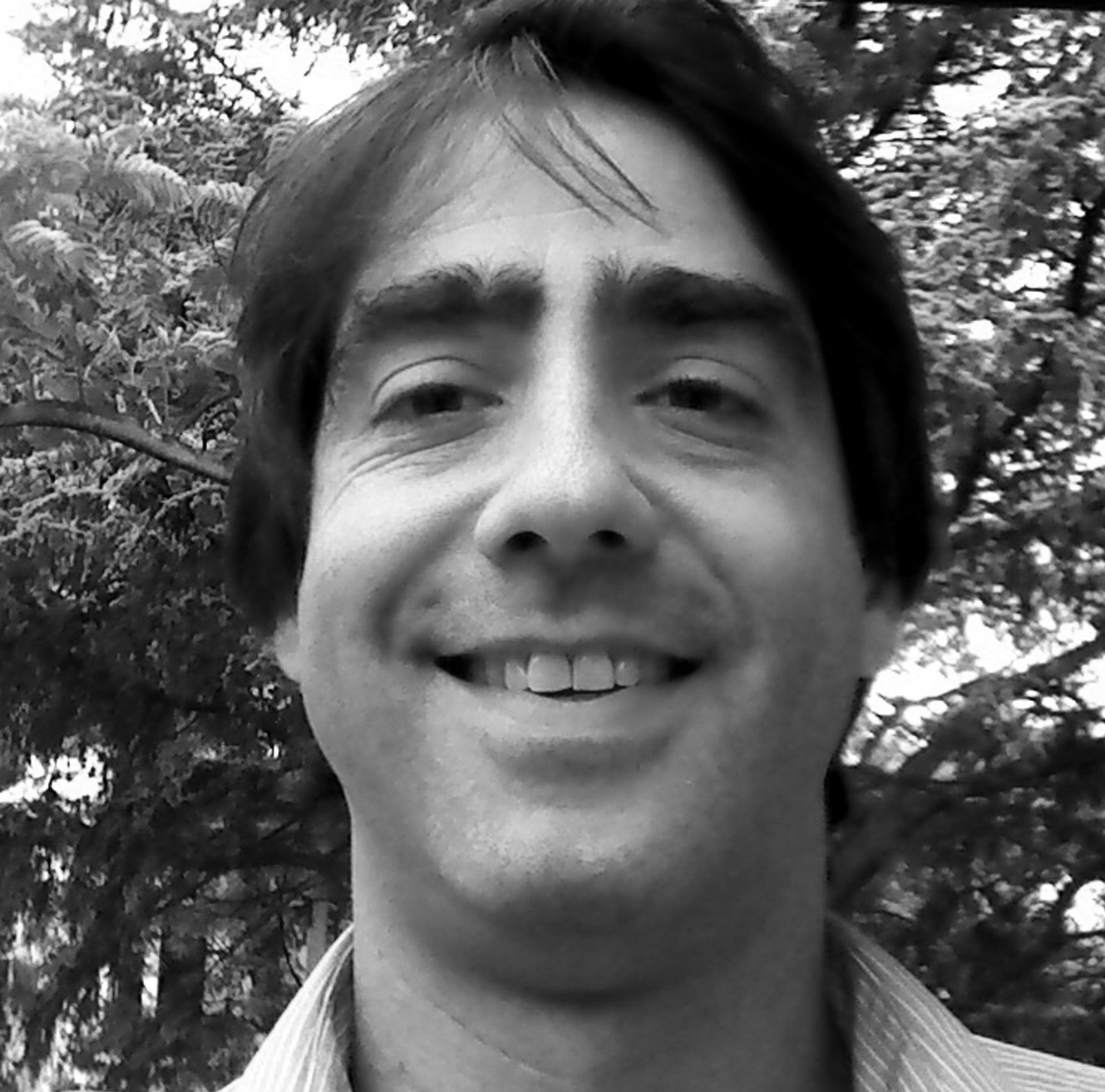
Rafael Bernardi
Rafael Bernardi is an engineer in environmental hydraulics (Udelar, Uruguay). He has a specialization in Development Studies (Graduate Institute, Geneva) and a Master´s Degree on Environmental Management (Yale, USA). He holds a PhD from Wageningen University (The Netherlands). He has over twenty years of experience working on the environmental sector, including the United Nations and as an advisor at the Ministry of Housing, Land Planning and Environment of Uruguay, in charge of the formulation of the National Environmental Plan. He is an Associate Professor at the Centro Universitario Regional del Este (CURE), Udelar. His work focuses on ecosystem transitions in relation to environmental and social drivers, and the application of planning and management tools for environmental problem-solving. He has participated and contributed in various activities hosted by SARAS. He lives with his partner and son in Maldonado, Uruguay. He enjoys writing and has published a novel (“La sombra del jaguar”) in 2010.
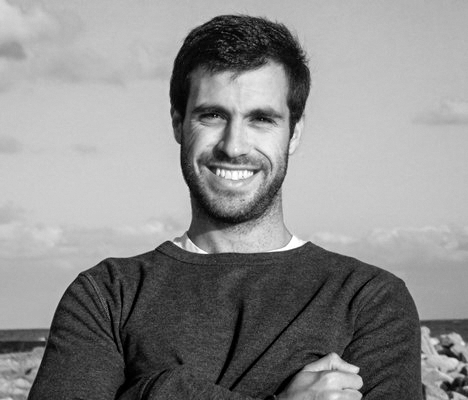
Ignacio Gianelli
Ignacio Gianelli holds a Bachelor and Master in Biology from the University of the Republic in Uruguay. He also worked as a teacher and researcher at the Faculty of Sciences at the same university, as well as a specialist advisor in fisheries resources for the National Directorate of Aquatic Resources in Uruguay. He is a Ph.D. student in the Campus DoMar program at the University of Santiago de Compostela (USC, Spain) and currently works as a researcher at the EqualSea Lab. His research focuses on sustainable transformations in food systems linked to fisheries, the effects of climate change on marine social-ecological systems and small-scale fisheries co-management and combines inter- and transdisciplinary approaches. He is a member of the working group “Ocean Equity for Sustainable Futures” (Program on Ecosystem Change and Society, PECS) and of the Organizing Committee of the Interdisciplinary Marine Early Career Researchers Network (IMBER). He is active at SARAS since 2018 and is currently leading the project Pescando Transformaciones (“Fishing transformations”) aimed at co-creating desirable visions of the future for small-scale fisheries, and communicating and promoting seeds of change through audio-visual materials.
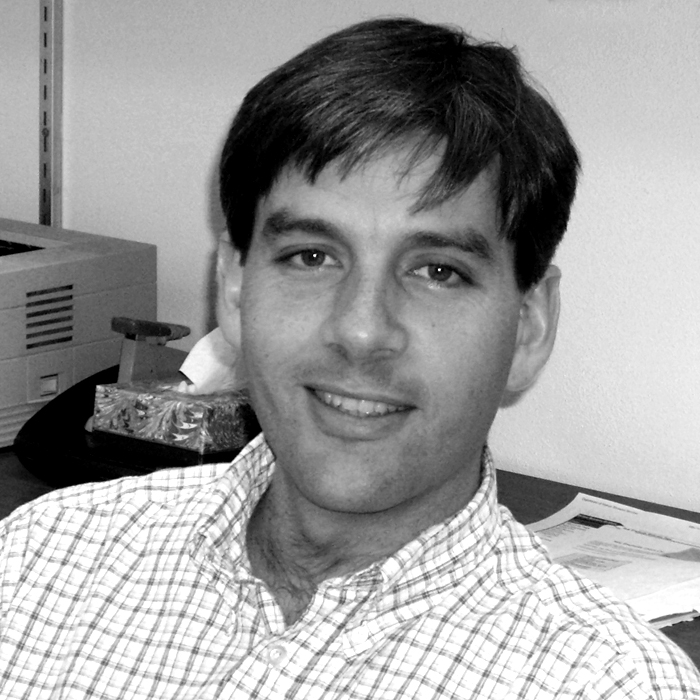
Miguel Carriquiry
Miguel Carriquiry has a Ph.D. in Agricultural Economics and a MSc. in Statistics from Iowa State University (ISU), and a bachelor’s degree in Agricultural Engineering awarded by University of the Republic (Udelar, Uruguay). He is a full professor (and director of research during 2016-2017) at the Department of Economics in Udelar. Prior to joining the University of the Republic, Miguel worked at the Center for Agricultural and Rural Development at ISU and at the International Research Institute for Climate and Society at Columbia University. His research focuses on the interaction between policies and agricultural markets and their impacts on land use change and the environment. Miguel was a member of the organizing team for the international workshop “Seeking Sustainable Pathways for Land use in Latin America” that took place in 2016 in SARAS Institute. He has also participated in activities and projects conducted at the Institute.
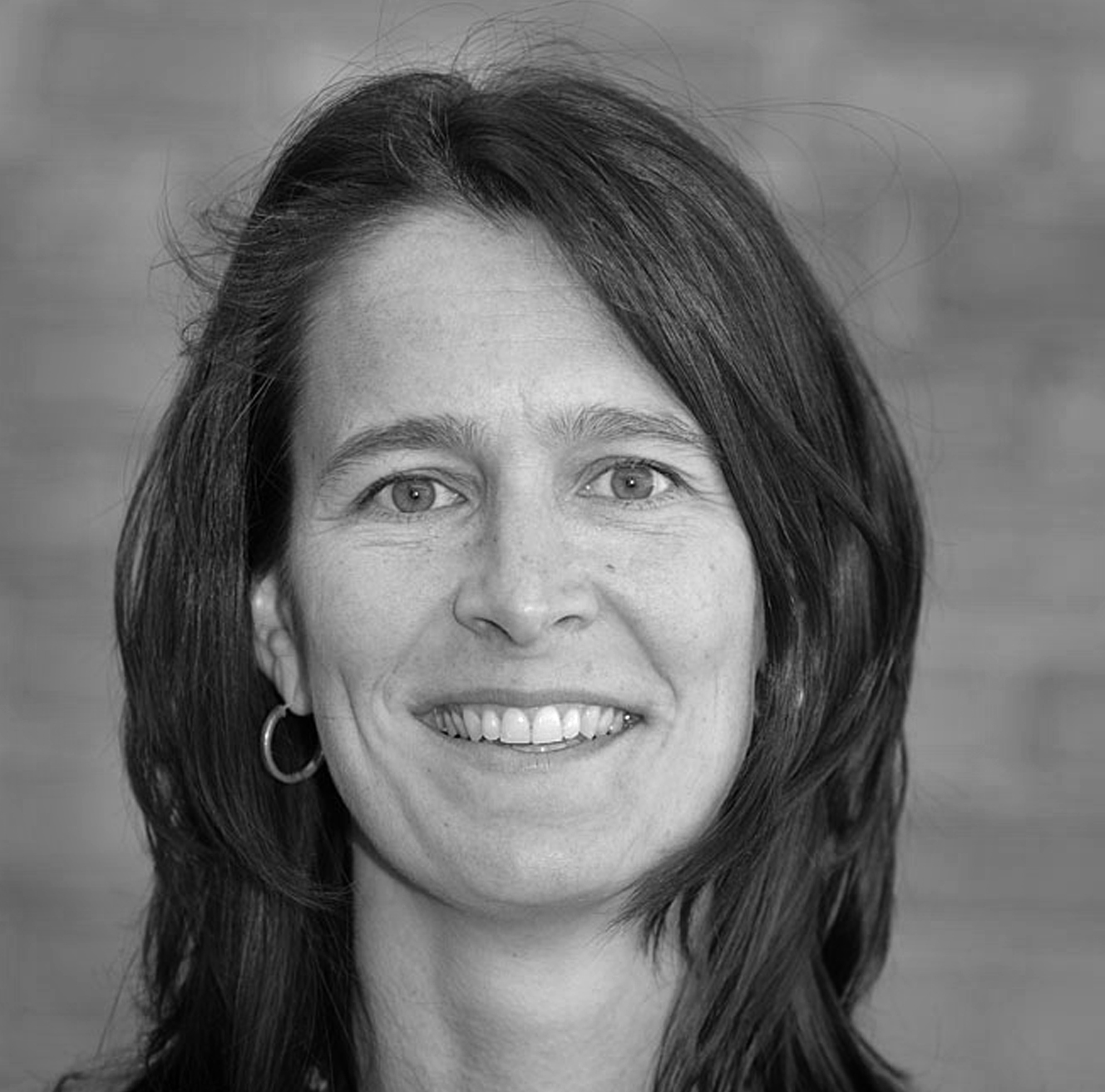
Lisa Deutsch
Lisa Deutsch is Senior Lecturer at the Stockholm Resilience Centre and an Associate Scholar at the Institute of Latin American Studies at Stockholm University. She has a PhD in Natural Resources Management, two Master’s degrees, in Systems Ecology and in International Marketing (MBA), as well as a BA in International Relations (Latin American Studies). Lisa’s research examines the couplings between the ecological effects of globalization of food production systems and national policy and economic accounts. She particularly focuses on the ways in which global trade can change the mix of inputs to food and feed by estimating the ecosystem subsidies needed to support intensive livestock and aquaculture production systems. She also maps food flows to cities to explore how cities feed themselves. Lisa has whole-heartedly supported the development of SARAS since its inception. Most recently, she co-organized the 2016 Annual Conference “Seeking Sustainable Pathways for Land Use in Latin America” where scholars from different places and disciplines, together with practitioners and government officials, intensively discussed different ways of conceptualizing recent land-use change in the region.
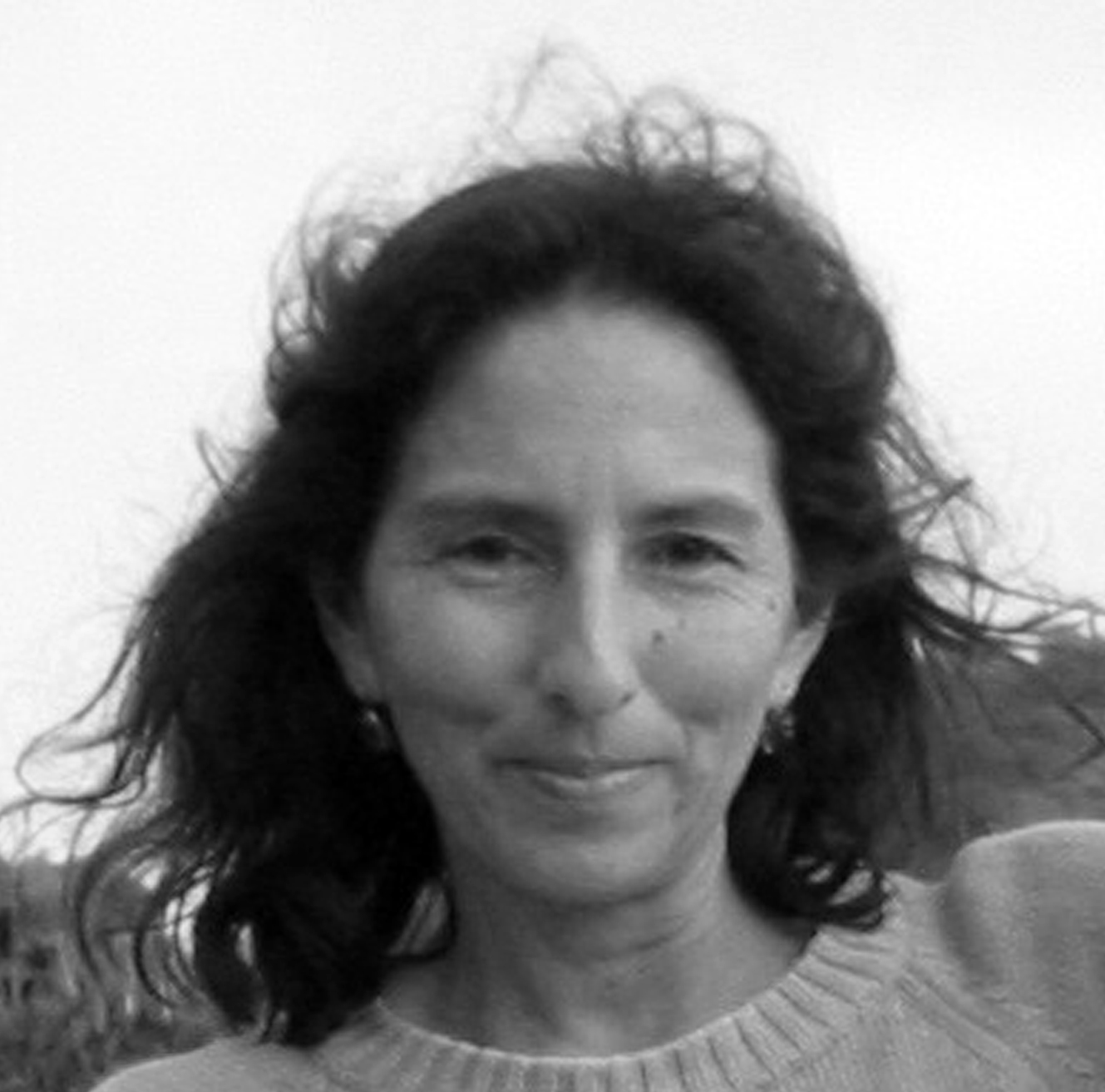
Milena Holmgren
Milena Holmgren studied Biology and Applied Statistics in Mexico, followed by a Ph.D. in Ecology at the University of Tennessee. She works at Wageningen University (The Netherlands). She studies the mechanisms that explain the resilience of terrestrial ecosystems to climate variability and disturbances and the implications of this for ecosystem functioning. She is also interested in how ecological and social dynamics interact and how ecological scientific work can be disseminated through and used by decision-makers for ecological restoration purposes. Her work is profoundly cooperative and combines conceptual models, experiments, remote sensing and field studies in a wide range of terrestrial ecosystems including arid, semiarid, temperate and wet tropical ecosystems from North and South America, West and South Africa and North and Mediterranean Europe. In Uruguay, she is studying the expansion of tree cover on grasslands and the implications for ecosystem services. She has supported SARAS since its early days.
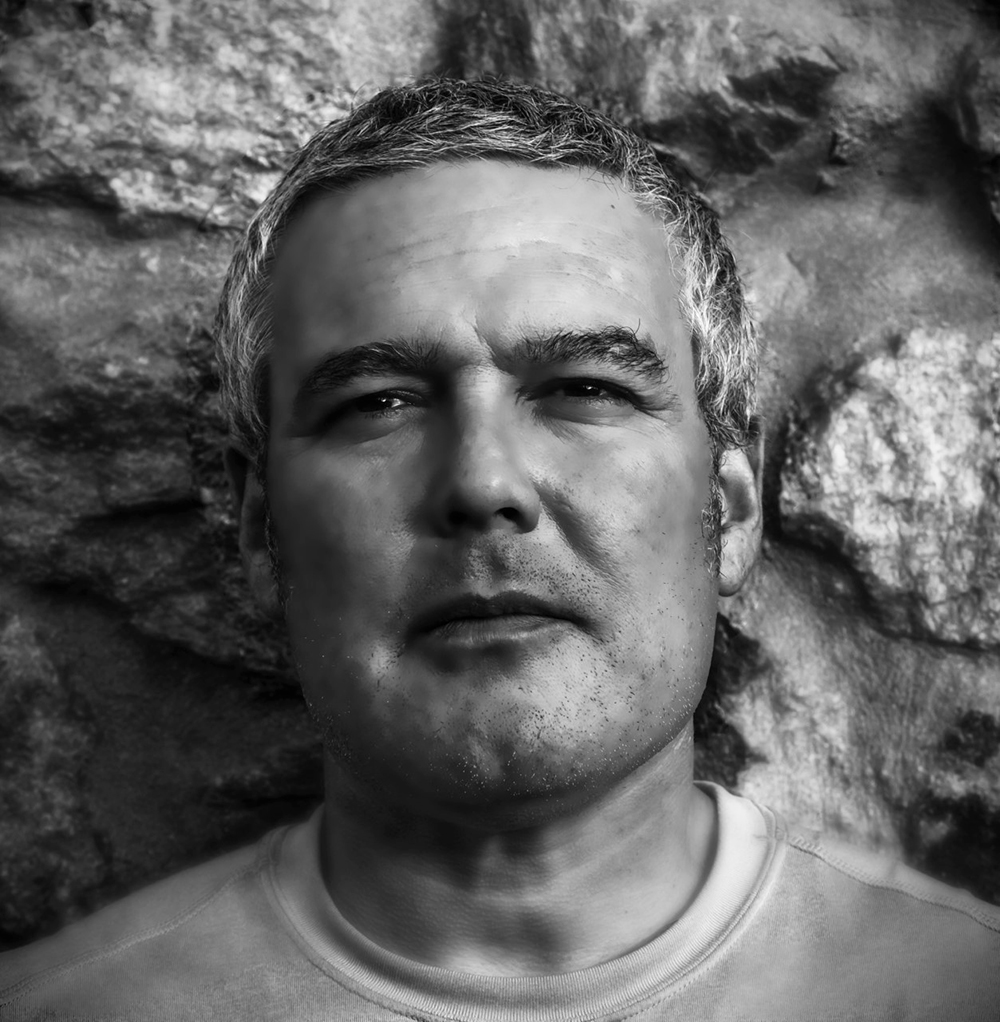
Hugo Inda
He has a degree in Anthropological Sciences (Archaeology), a MSc and a Ph.D. in Sciences (Ecology). He teaches at Centro Universitario Regional del Este (CURE), Regional University Center, University of the Republic (Udelar). He is a researcher of the National Research System and various graduate programs in Uruguay. At undergraduate level, he is a professor of the Bachelor of Environmental Management (Udelar). His main lines of research, teaching and extension are related to the Anthropocene in South America from an interdisciplinary perspective. His research addresses several topics, including long term evolution of ecosystems and climate variability, subsistence strategies and adaptation to changing environments of prehistoric inhabitants and cultural heritage management as tools for resilience building and sustainability. Since 2009, he has been involved in the development of SARAS Institute, co-editing and co-authoring books and press releases supported by the Institute. He has participated in SARAS International workshops and conferences.
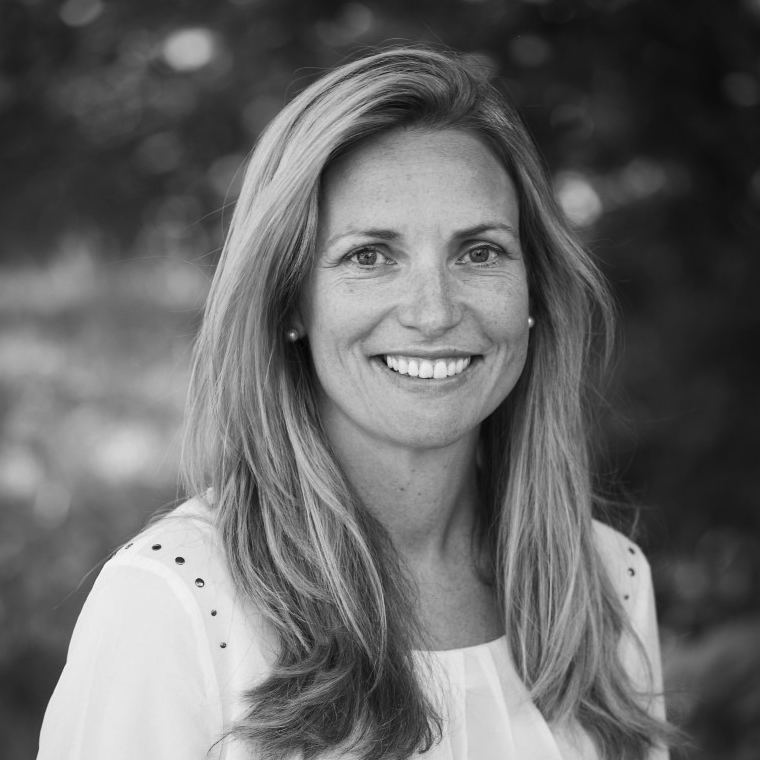
Therese Lindahl
Therese’s research focuses on the intersection between economics, ecology and psychology. She is particularly interested in the interactions between ecosystem dynamics and human behavior in different types of social dilemmas. This entails, for example, individual and collective behavior of natural resource users facing different forms of social-ecological conditions such as more or less predictable abrupt ecosystem changes, and variable and sometimes unstable market conditions. It also implies a focus on the behavior of an ‘average type of citizen’, for example the consumption behavior of urban dwellers, who together stands for a disproportional large share of global resources. A better understanding of the individual and collective behavior should increase the success rate of policy instruments and other types of interventions implemented with the purpose of changing human behavior towards more sustainability. In 2016 she participated as a member of the organizing team for the workshop on ‘Seeking sustainable pathways for land-use in Latin America’, held at SARAS Institute in Bella Vista.
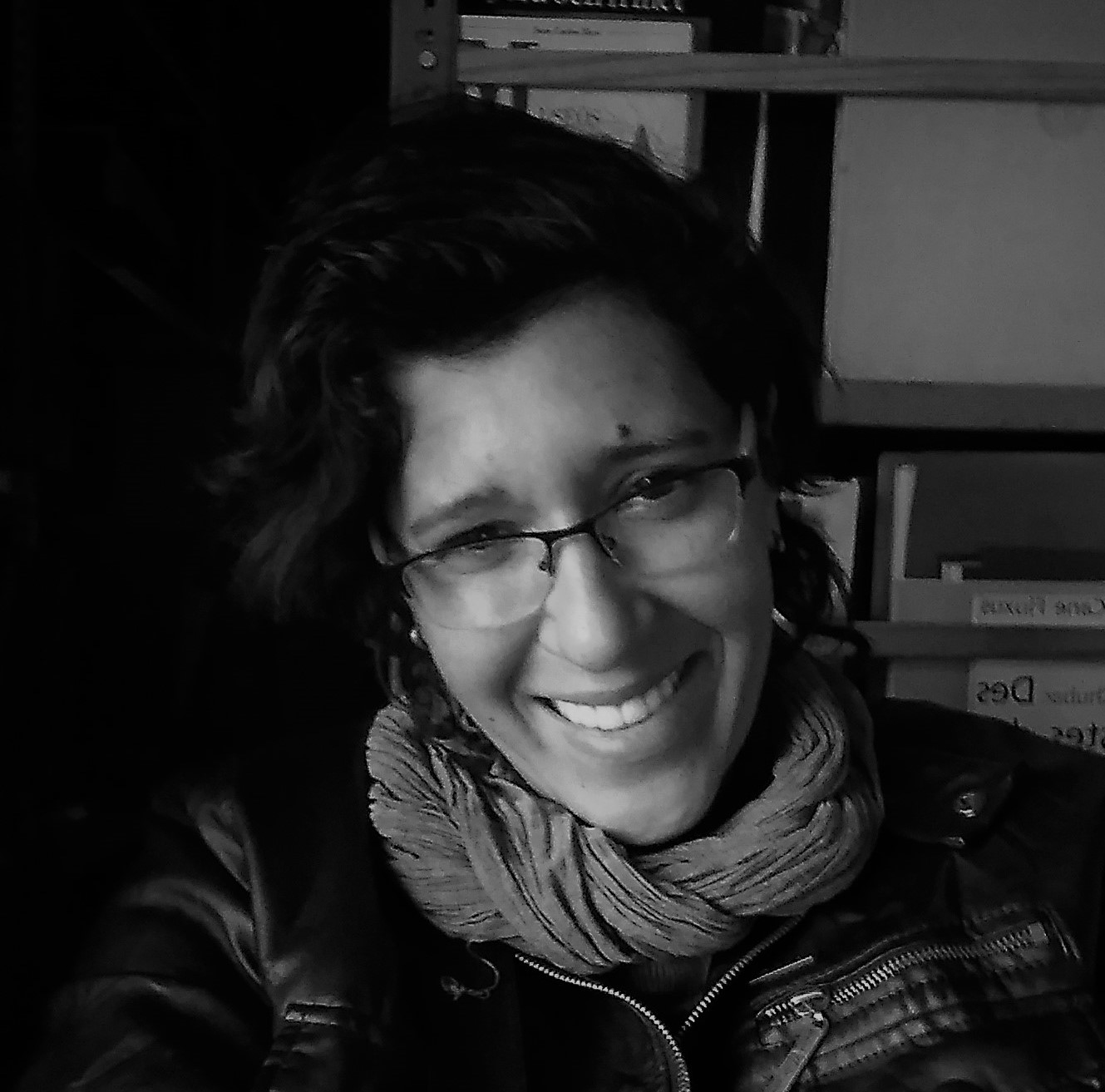
Virginia Lucas
Virginia is a Professor of Stylistics and Text Analysis at Instituto de Profesores Artigas (Teacher Training Institute). She manages the Library at the National Museum of Visual Arts of Uruguay. For six years she served as Literature Adviser at the Uruguayan Ministry of Education and Culture. She was a professor of Latin American Literature at University of the Republic (Udelar). She holds a Master’s degree in Latin American Literature, and is currently pursuing a PhD in Literature from Udelar. Member of the ecole lacanienne de psychanalyse, her various interests have focused on gender studies, subjectivity analysis, gender and cultural communities exchange, literary identities and urbanism, health, art, philosophies of faith and humanism. She has given lectures and courses on literature and culture in Uruguay and abroad, and has published artistic works related to bio-politics and literature in various magazines and anthologies. Her poems have been translated into different languages. Some of her poetic and essayistic works are “Épicas marinas”, “No es de acanto la flor en piedra”, “Muestra de cuentos lesbianos” and “Orsay: género, erotismo y subjetividad”. She is member of SARAS’ Executive Team, as artist and associate arts manager.
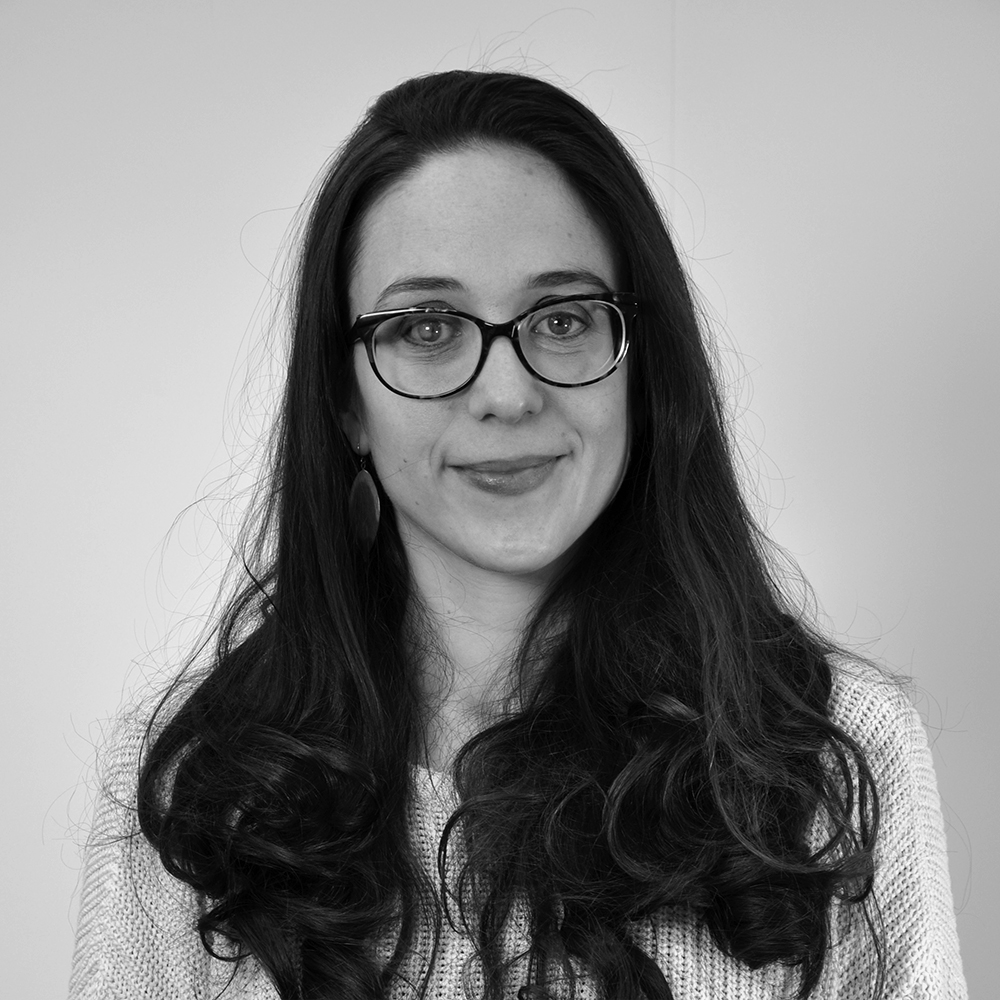
María Mancilla
María holds a Ph.D. in International Development from the University of Oxford (2014), specialized in Political Ecology. Since September 2017, she has been working as a researcher within “MuSES” (Towards middle-range theories of the co-evolutionary dynamics of multi-level social-ecological systems- www.SESLINK.org) at the Stockholm Resilience Centre (SRC). In her post-doc at SRC (2015-2017), she focused on the dynamics between different players defending contrasting approaches to water management. María works on the theory of polycentrism as a frame to understand the links between participatory forums with competencies in basin-based management in Peru and Brazil. Moreover, María works on the conceptual analysis of social-ecological systems from a relational perspective, focusing on the processes that constitute such systems. As part of her collaboration with SARAS, María, together with Cristina Zurbriggen, developed a pilot project to implement innovation labs on water governance with water basin commissions in Uruguay.
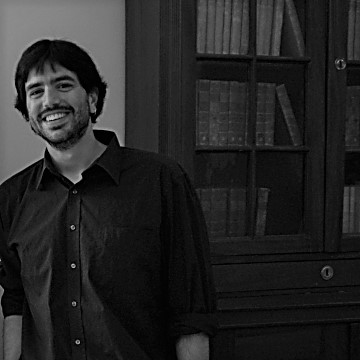
Matías Piaggio
Matías Piaggio is an economist at the International Union for Conservation of Nature (IUCN). He is an associate researcher at SARAS and was part of the executive team until 2019. Matías has a doctorate in applied economics from the Autonomous University of Barcelona (Spain) since June 2013 and has served as a consultant for ECLAC, UNDP, IDB, and the World Bank. His work focuses on the study of the relationship between the economy and the environment at different scales. His fields of specialization are the valuation of ecosystem services, where he links biophysical information and human well-being, the analysis of human behavior for environmental management, the relationship between the productive structure and the environment, and the design of policies for the conservation of nature.
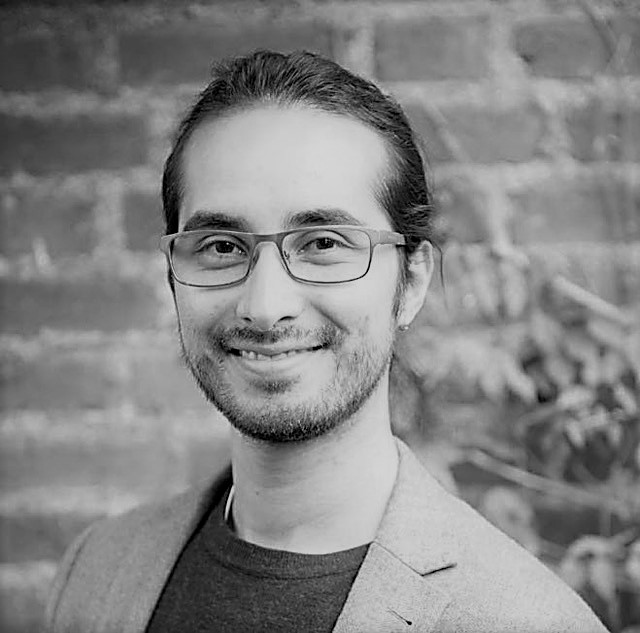
Juan Rocha
Juan C. Rocha is a researcher at the Stockholm Resilience Centre and the Beijer Institute, as well as a visiting scholar at the Princeton Environmental Institute and MIT Media Lab. His research questions are oriented to understanding critical transitions: from regime shifts in ecological systems, to collective action in society. Currently he is focusing on the idea of cascading effects, this is how a critical transition in an ecosystem in the world can increase or decrease the likelihood of another ecosystem tipping over. At SARAS Juan has contributed with the development of a special issue of “Seeking Sustainable Pathways for Land use in Latin America”. In collaboration with Laurie Beth Clark, they developed a sustainable meal experience, an artistic installation that allowed people to reflect on the meaning of sustainable food. Juan has also mapped the network of sustainability and resilience researchers in Latin America, this is who is doing what and who funds each activity. Mapping the network of researchers allows SARAS to better situate as an epicenter of research in resilience and sustainability science.
Juan is also a member of SARAS Executive Team.
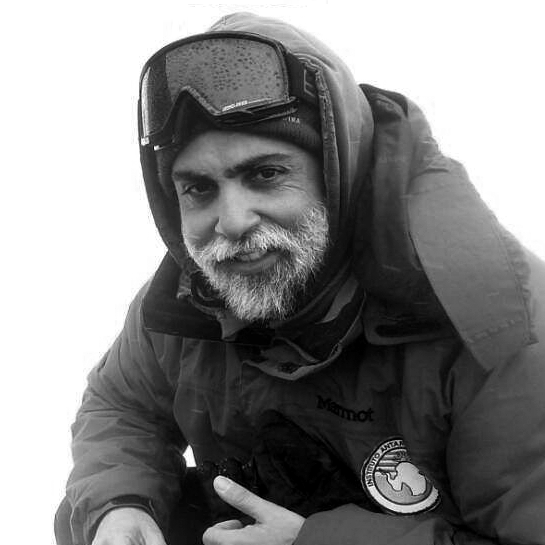
Álvaro Soutullo
He holds a Ph.D. in Biodiversity Management and a MSc in Applied Ecology and Conservation. Currently, he is assistant professor in environmental management at University of the Republic (Udelar, Uruguay). Most of his activities lie within the science-policy interface, often involving participatory and interdisciplinary approaches to address actual environmental problems. He articulates his research and teaching activities in areas including behavioral ecology, biodiversity conservation, land planning and ecosystem services, with managerial positions in governmental institutions and NGOs. Currently, he is the Head of Science and Environmental Management at the Uruguayan Antarctic Institute. Moreover, he is member of several international expert groups of networks including IUCN, SCAR and IPBES. He is a member of the Administration Board of SARAS since 2017.
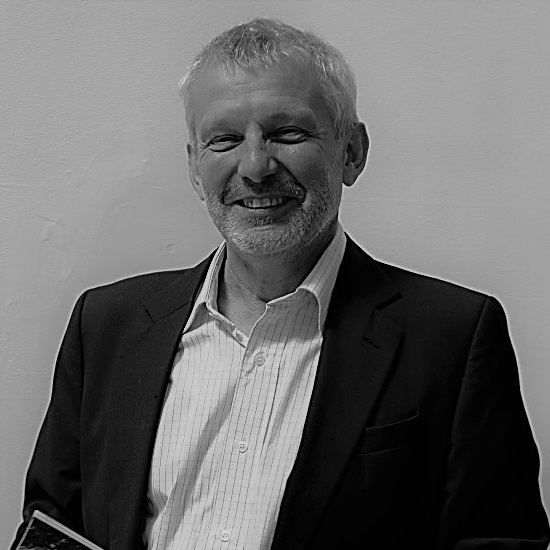
Manfred Steffen
He has a Master in Environmental Sciences at the State Unversity in Uruguay (Udelar). He has a Degree in Engineering at the Fachhochschule für Druck in Stuttgart, Germany. He is also expert in ISO Norms 14000 Unit, Uruguay. He was cofounder of a number of social ecological projects at community level in Uruguay. He is currently Project Coordinator in Regional Project Political Parties and Democracy at the Konrad Adenauer Foundation and leads the redaction of the “Diálogo Político” platform. His main lines of work involve the relation between Science and Politics.
Manfred is an Executive Team Member at SARAS since 2017.
